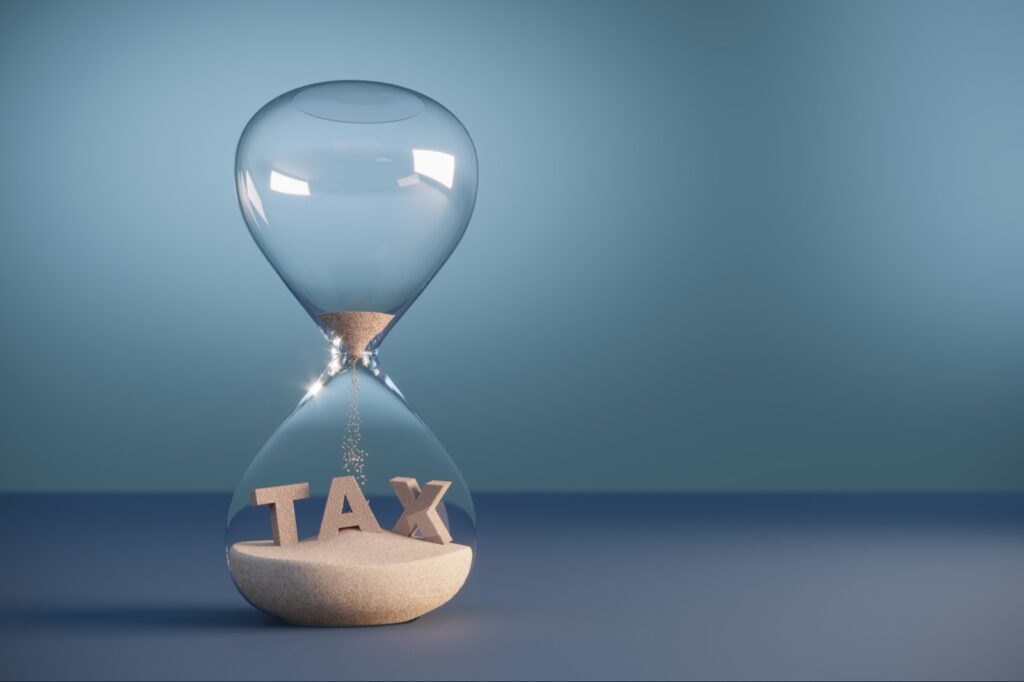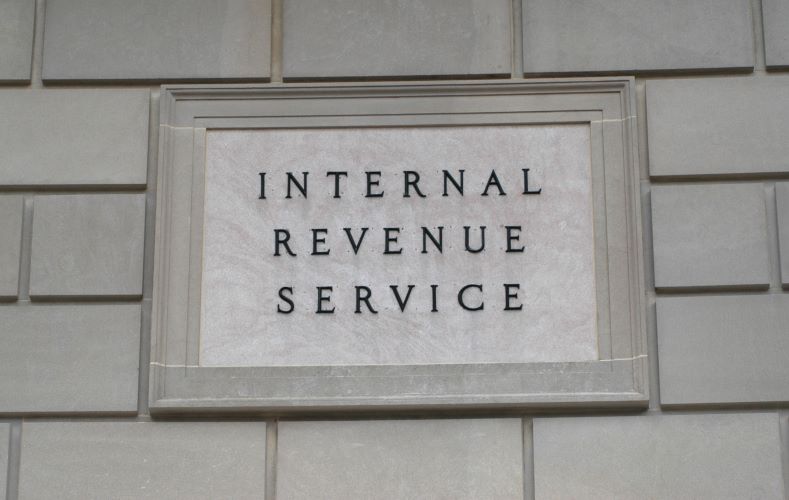Many Chicago area companies have benefited from the changes ushered in by the Tax Cuts and Jobs Act of 2017 (tax reform). However, while tax reform opened the door to new opportunities, it doesn’t mean that existing credits and incentives should be overlooked. For virtually all companies producing or distributing goods, this means taking another look at the Research and Development (R&D) tax credit. Don’t be deceived into thinking a company needs an elaborate research and development department to claim the credit. In fact, many smaller Illinois companies have qualifying activities that can help save them significantly on federal and Illinois income tax liabilities. To help clients, prospects, and others understand the criteria and how they can benefit, Selden Fox has provided a summary of key information below.
Qualifying for the Credit
Many companies have ongoing activities, which can qualify them for the credit, and the IRS has developed a four-part test which must be satisfied in order to qualify, including:
- Section 174 Test – This requires that qualifying activities and expenses be incurred in connection with the company’s trade or business and represent a research and development cost in the experimental or laboratory sense. These are defined as expenditures for activities intended to discover information that would eliminate uncertainty about the development process or improvement of a product.
- Discovering Technological Information Test – In order to satisfy this test, the research conducted must fundamentally rely on principles of the physical or biological sciences, engineering, or computer sciences. A taxpayer may rely on existing principles of these sciences when conducting the research in order to satisfy the requirement.
- Business Component Test – A taxpayer must intend to apply the information being discovered to develop a new or improved business component. This may include a product, process, software, technique, formula, or invention which will be used for sale, licensing, or lease. It’s essential for a company to be able to connect the research and the relevant business component to pass this test.
- Process of Experimentation – This test requires that a process of experimentation be used in the R&D activities. Regulations define this process as identifying the uncertainty, identifying one or more alternatives, and identifying and conducting a process of evaluating all alternatives. The IRS has stated that merely demonstrating that an uncertainty has been eliminated is not sufficient to satisfy this test.
Credit Calculation
The credit is computed as a percentage of the wages and contracted research expenses paid in the R&D process. The amount of credit varies by taxpayers and is partially determined by the amount of Qualifying Expenses they had over the past three years. Companies can use the credit to reduce a company’s federal and state income tax liabilities during the current year and may be able to go back to previously filed returns to retrieve unclaimed credits. Finally, those companies who currently have no federal income tax liability may still benefit from certain provisions that allow the credit to be carried over to future years or applied against payroll tax liabilities of new start-ups.
Documentation
The key to successfully claiming this credit is in the documentation. The IRS has strict rules about the documentation which must be provided as part of the claim process. Companies are required to evaluate and document their research to identify the qualifying expenses paid as part of the process. While the option to estimate expenses is available, it’s essential to be able to provide contemporaneous documentation, which can include payroll records, expense records, projects records and notes, and copies of lab results. It’s also permittable to share copies of emails and other records.
Contact Us
The R&D tax credit is a powerful tax savings tool which allows qualifying companies to save a significant amount in income tax liabilities. While many Chicago companies may believe they don’t qualify, it’s important to consult with a tax advisor to review your situation. If you have questions about the R&D tax credit or need assistance compiling your documentation, Selden Fox can help. For additional information call us at 630.954.1400 or contact us. We look forward to speaking with you soon.





